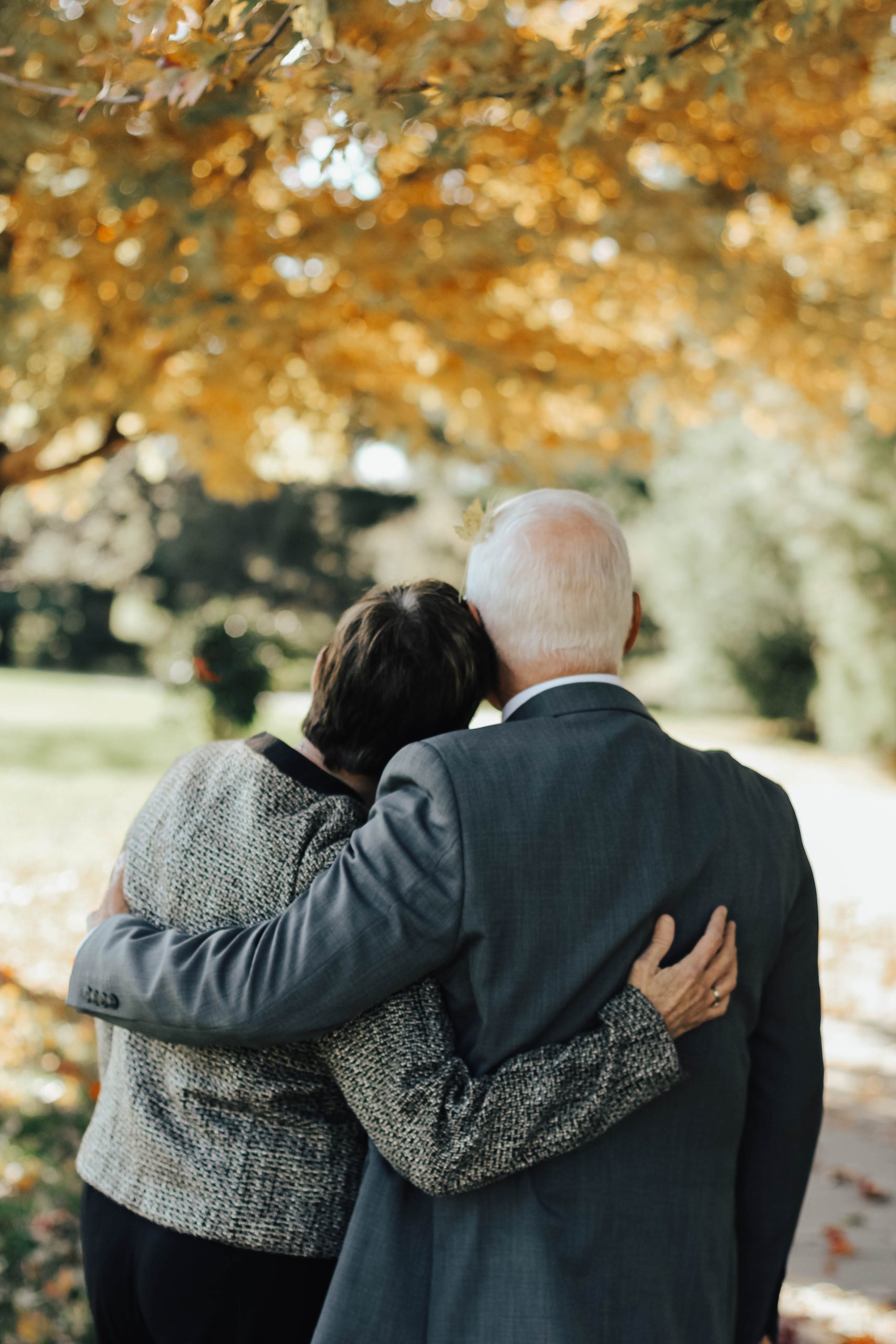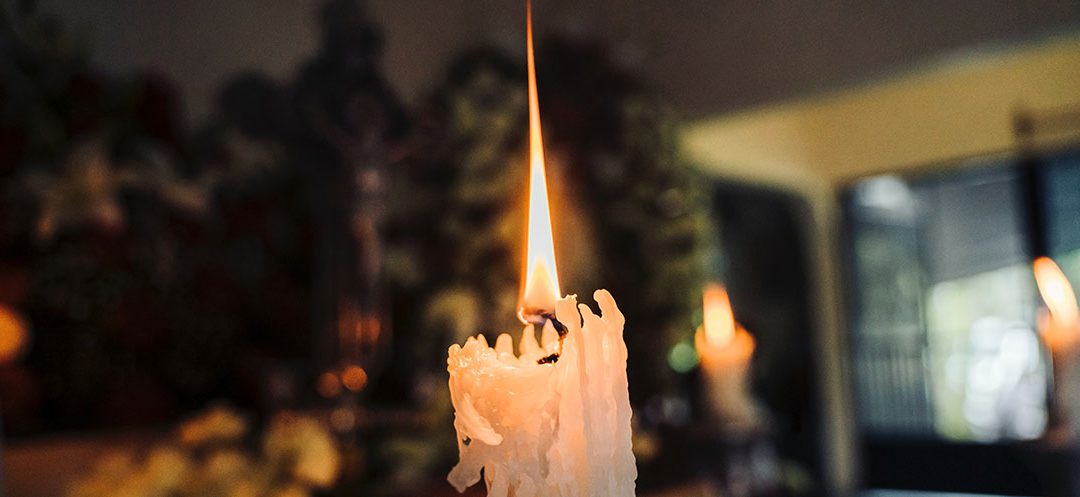Funerals are an important part of the grieving process and serve a vital role in helping individuals and communities come to terms with the loss of a loved one. While funeral practices may differ across cultures and religions, the underlying importance of funerals remains constant. Here are some reasons why funerals are important:
Closure: Funerals provide a sense of closure for family and friends, allowing them to say goodbye to their loved ones and to begin the process of healing. They offer a formal and structured way to mark the end of a person’s life and to honor their legacy.
Support: Funerals offer a way for individuals to come together and support each other during a difficult time. They provide an opportunity for people to share their grief and offer condolences to the bereaved. This communal support can help ease the burden of grief and help people feel less alone.
Reflection: Funerals provide a time for reflection and remembrance. They allow us to celebrate the life of the deceased, to share memories, and to acknowledge their impact on our lives and on the world. This reflection can bring comfort and healing to those who are grieving.
Tradition: Funerals are often steeped in tradition and ritual, providing a sense of continuity and connection with the past. These traditions can offer comfort and familiarity during a time of great upheaval and change.
Spiritual significance: For many people, funerals have a spiritual or religious significance. They may offer a way to connect with a higher power or to find comfort in the belief that the deceased has moved on to a better place.

Overall, funerals serve an important role in helping individuals and communities navigate the difficult process of grief and loss. They provide closure, support, reflection, tradition, and spiritual significance, all of which are important aspects of the grieving process. By honoring the life of the deceased and offering support to those who are grieving, funerals help us to come to terms with loss and to begin the journey towards healing and acceptance.

